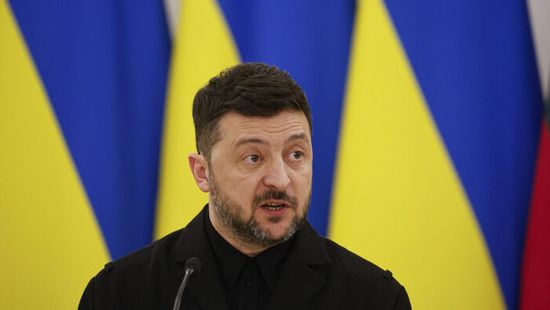Csak két perc: videón a legdurvább ukrán fenyegetések Zelenszkijtől a rettegett ukrán őrnagyig

Magyarország katonai megszállásától a választási eredmények megtámadásáig – minden belefér az EU-s csatlakozást követelő ukrán megszólalók szerint.

Where, then, should Mubarak go? Here, the answer is also clear: to the Hague. If there is a leader who deserves to sit there, it is him.
„What cannot but strike the eye in the revolts in Tunisia and Egypt is the conspicuous absence of Muslim fundamentalism. In the best secular democratic tradition, people simply revolted against an oppressive regime, its corruption and poverty, and demanded freedom and economic hope. The cynical wisdom of western liberals, according to which, in Arab countries, genuine democratic sense is limited to narrow liberal elites while the vast majority can only be mobilised through religious fundamentalism or nationalism, has been proven wrong. The big question is what will happen next? Who will emerge as the political winner?
When a new provisional government was nominated in Tunis, it excluded Islamists and the more radical left. The reaction of smug liberals was: good, they are the basically same; two totalitarian extremes – but are things as simple as that? Is the true long-term antagonism not precisely between Islamists and the left? Even if they are momentarily united against the regime, once they approach victory, their unity splits, they engage in a deadly fight, often more cruel than against the shared enemy.
Did we not witness precisely such a fight after the last elections in Iran? What the hundreds of thousands of Mousavi supporters stood for was the popular dream that sustained the Khomeini revolution: freedom and justice. Even if this dream utopian, it did lead to a breathtaking explosion of political and social creativity, organisational experiments and debates among students and ordinary people. This genuine opening that unleashed unheard-of forces for social transformation, a moment in which everything seemed possible, was then gradually stifled through the takeover of political control by the Islamist establishment.”